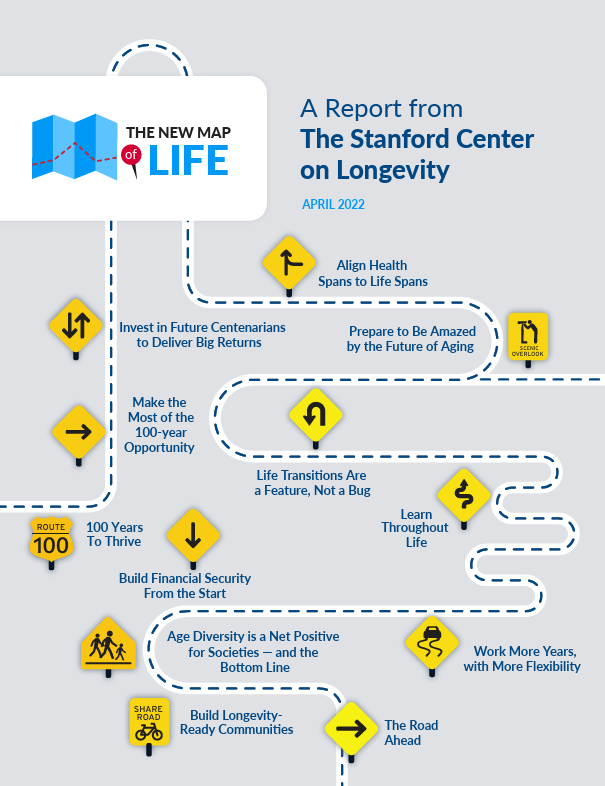We navigated boom-and-bust economies and the birth of the internet. We managed the seismic shift from analog to digital. Now, Generation X stands at a crossroads. We face middle age and the frontier of our senior years. A new study confirms what many of us feel in our bones: we are uniquely stressed and deeply skeptical of trendy wellness fads.
The Reality of “Sandwich Generation” Stress
A report highlighted by Senior Housing News reveals a significant gap in health approaches between Generation X and Baby Boomers. Research from The Mather Institute shows some familiar numbers for the “sandwich generation.”
The study found that 31% of Gen X respondents reported high to extreme stress over the last three months. This is nearly double the 17% reported by Boomers. What is the primary culprit? For 43%, the top source of stress is money and finances. We juggle careers, care for aging parents, and support our own children. This leaves little time or patience for unproven health fads.
An Evidence-Over-Hype Approach
The wellness industry constantly churns out new trends like IV therapy and biohacking. However, Generation X remains largely unimpressed. We are not anti-wellness; we are anti-hype. The study shows we are pragmatic. In fact, 80% state that scientific evidence is a key factor in choosing a wellness program. We trust a doctor’s recommendation (77%) far more than an influencer’s endorsement.
This data-driven mindset reflects in our habits. We are more inclined than Boomers to use technology to track our health. For example, 27% of us monitor nutrition with tech, compared to just 13% of the older generation. We do not chase trends. Instead, we quietly use practical tools to manage our health amidst the chaos of our lives. When we adopt newer practices, they tend to be mainstream, like intermittent fasting or telehealth services.
A Message for the Wellness Industry
This skeptical, evidence-based approach defines our cohort. Marketers targeted us relentlessly as children. We came of age during times of institutional mistrust. The result is a generation that demands authenticity and proven results from everything, including our health routines.
These findings offer crucial insight for industries that want to cater to us as we age. The one-size-fits-all model for senior living and wellness will not work. That model was often designed with Boomers in mind. It will not meet the needs of a generation shaped by self-reliance and skepticism. We don’t need kombucha on tap. We need practical solutions that address our real-world stressors. It starts with our financial and mental well-being.













